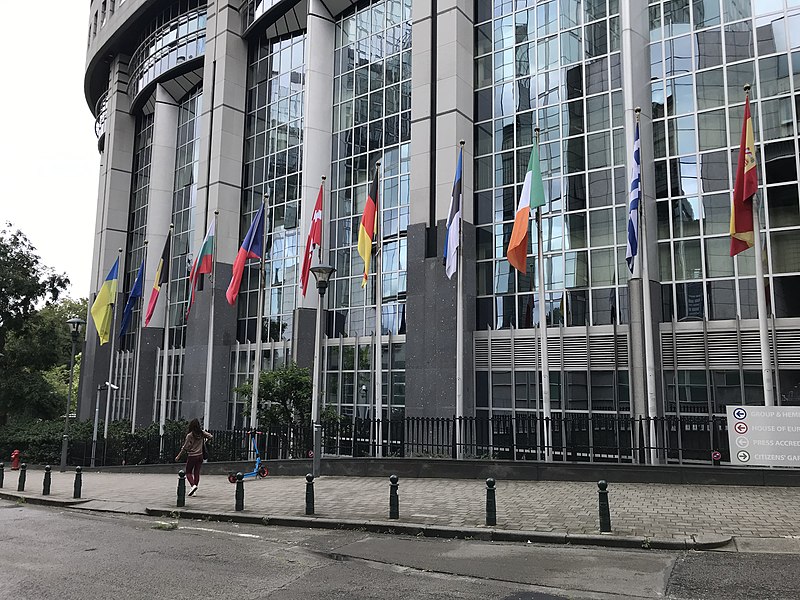
The European Union is preparing yet another round of sanctions against Russia — its 19th since Moscow’s full-scale invasion of Ukraine began in 2022. But behind closed doors in Brussels,
officials admit they’re running out of ways to hurt Vladimir Putin’s war machine.
Europe has already cut itself off from Russian oil and gas, blacklisted dozens of Kremlin-linked companies, and lowered the cap on Russian oil prices. What’s left are narrower measures — targeting “shadow fleet” ships and middlemen that help Moscow skirt existing sanctions.
The real hammer, though, isn’t in Brussels’ hands. It’s in Washington’s.
Waiting on Washington
European diplomats say the biggest threat to Russia’s economy would come from U.S.-led secondary sanctions — penalties aimed at companies or even countries that continue doing business with Moscow.
That power rests with Donald Trump. And, according to analysts, Putin only sat down with Trump in Alaska earlier this summer after the U.S. slapped India with steep tariffs for buying Russian oil. The next step could be even more dramatic: Trump extending that pressure to China, Russia’s most important trading partner.
Trump himself hinted as much last week, warning that unless Putin cooperates in peace talks, Moscow could face “massive sanctions or massive tariffs or both.”
Moscow’s economy under strain
On paper, Russia’s economy looks stable. But experts say the cracks are widening: lower oil revenues, a struggling defense sector, banks on shaky ground, and the mounting costs of war.
Maria Shagina of the International Institute for Strategic Studies put it bluntly: “The Russian economy is on the course of recession.” Secondary sanctions from the U.S., she added, could make things dramatically worse.
New proposals in Europe
Even so, European officials are looking at other ways to tighten the screws. One idea: strip Russian diplomats of their right to travel freely across the Schengen zone. Czech Foreign Minister Jan Lipavský compared his push to the Roman senator Cato’s famous call: *“Carthage must be destroyed.”*
Foreign ministers will meet later this week to debate how far the EU can — or should — go.
Ukraine steps up the pressure
While Brussels and Washington deliberate, Ukraine is taking matters into its own hands. Drone strikes have hit Russian refineries and even a pumping station on the Druzhba pipeline, briefly halting oil deliveries to Hungary and Slovakia — two EU states still dependent on Russian energy.
Predictably, both governments protested to Brussels, demanding protection against future attacks. But EU officials brushed off the complaints, insisting supply security remains intact.
Despite their opposition, diplomats believe Hungary and Slovakia will ultimately fall in line — as they have with the previous 18 sanctions packages.
As one envoy put it: “Just look at what’s happened the last 18 times.”



































